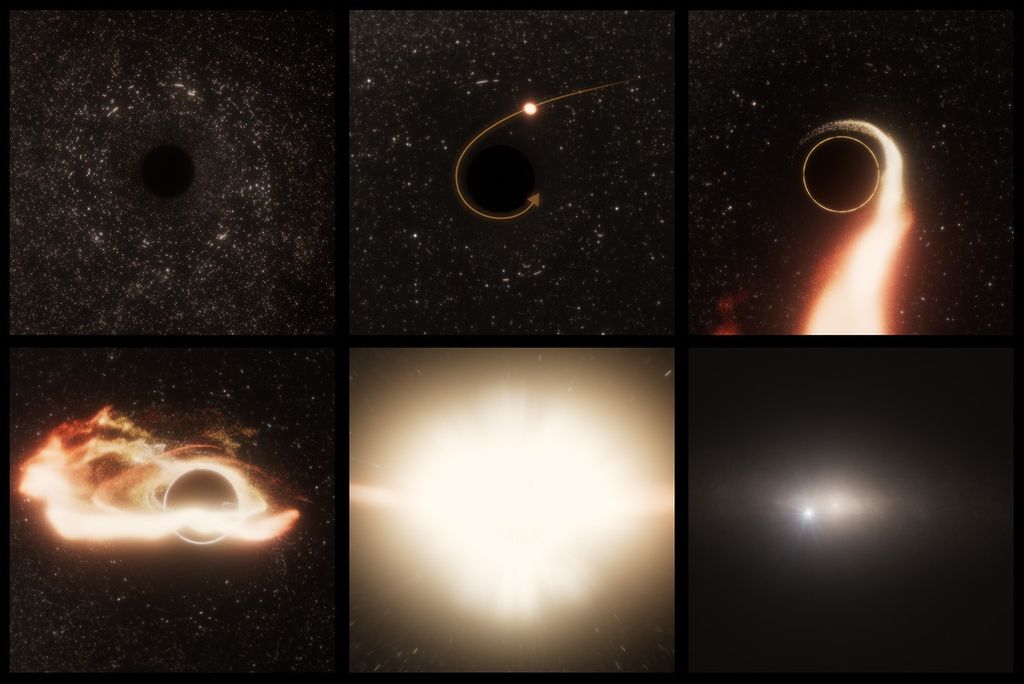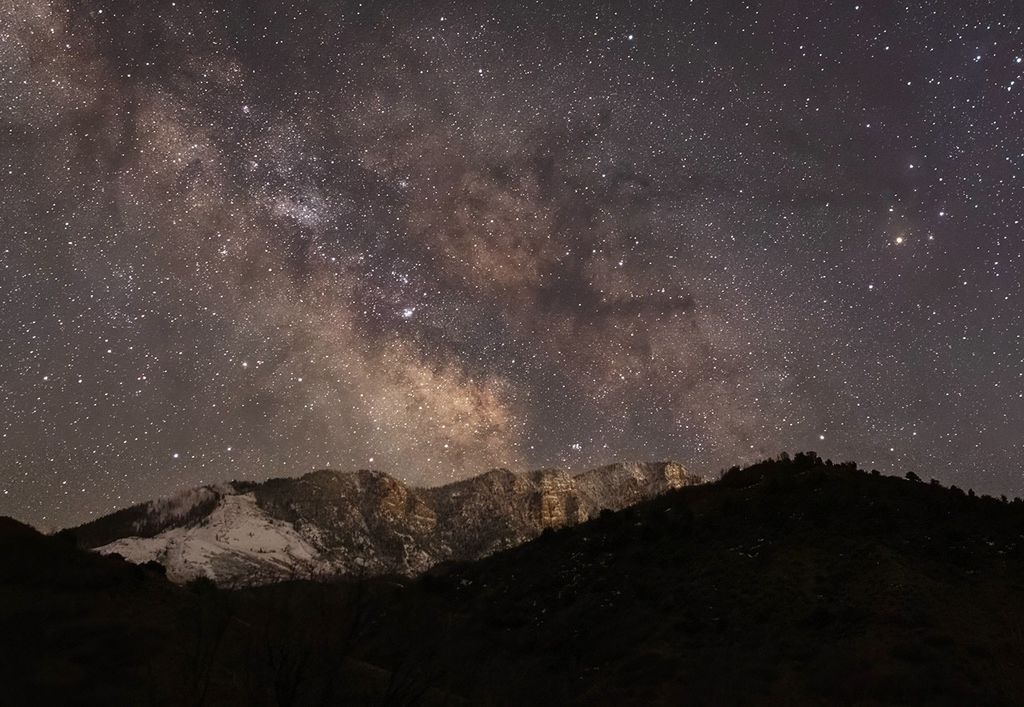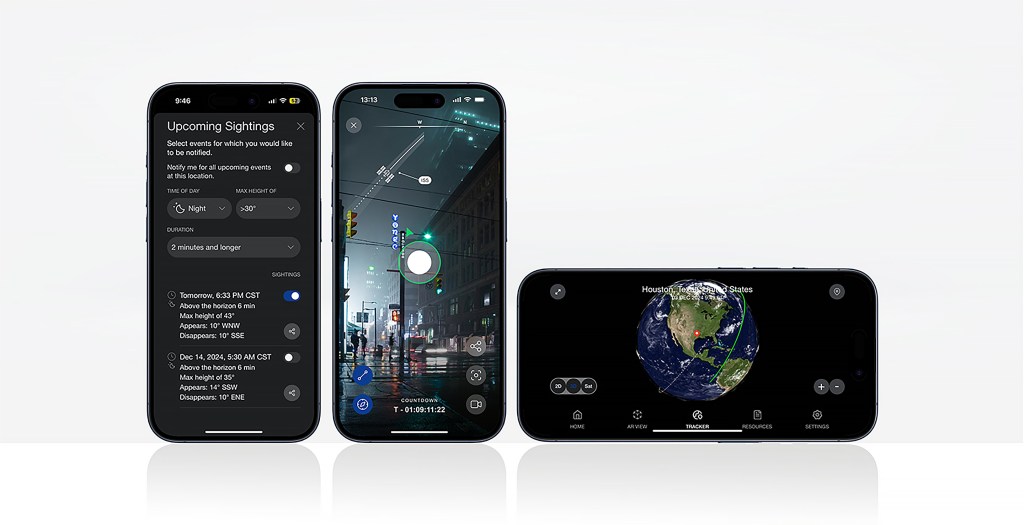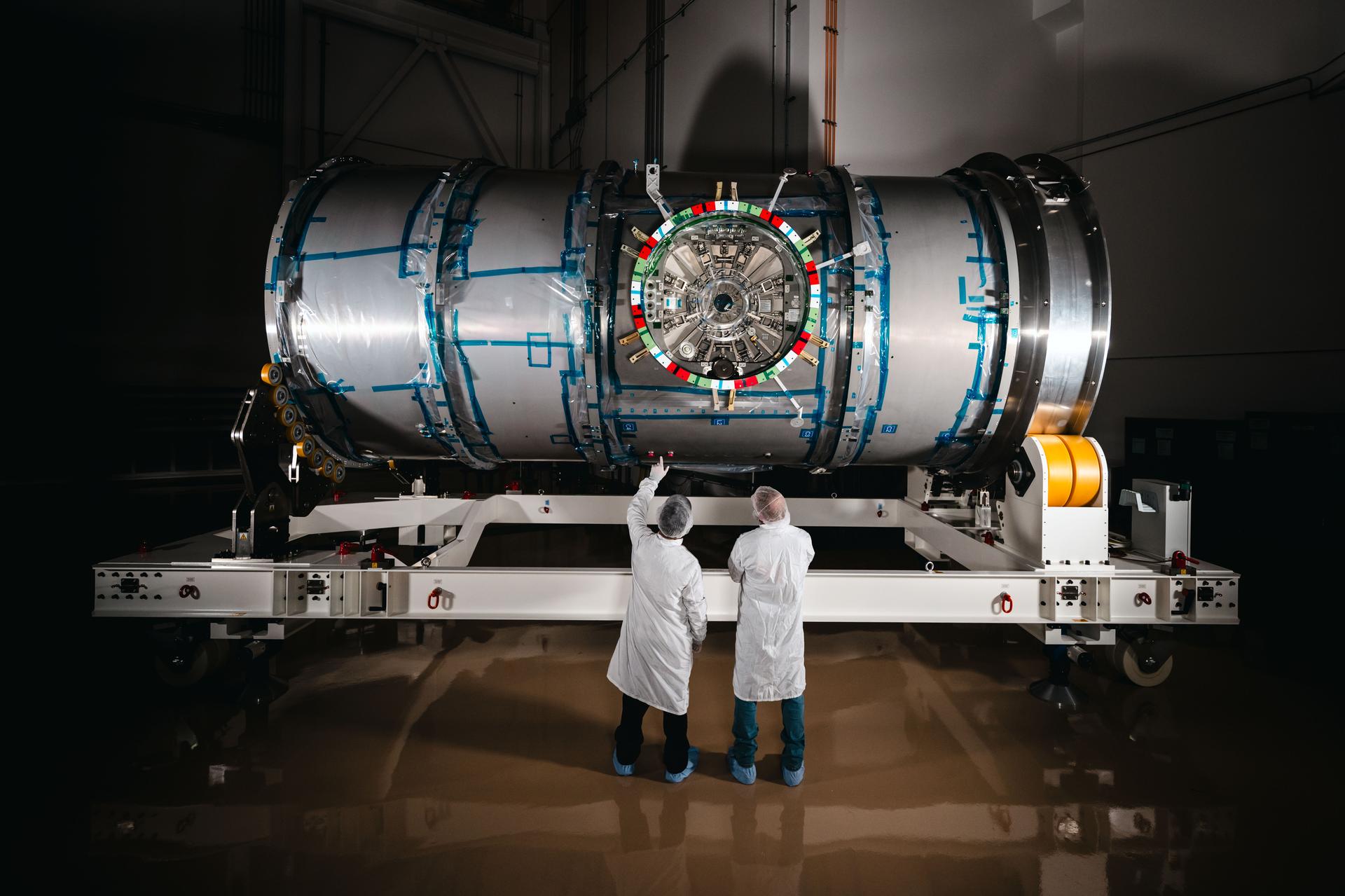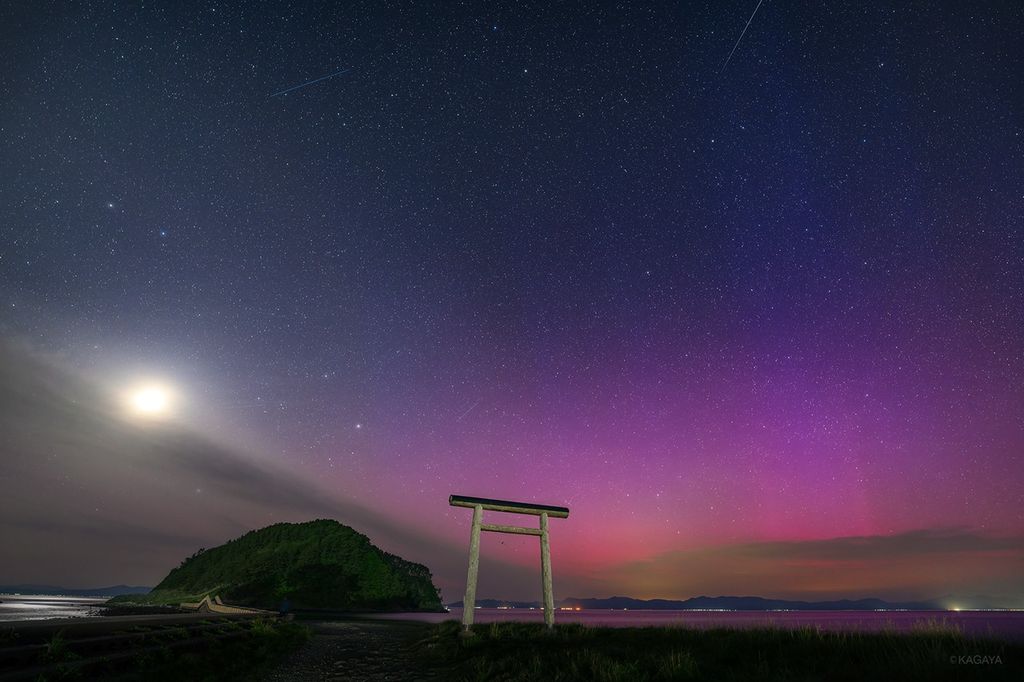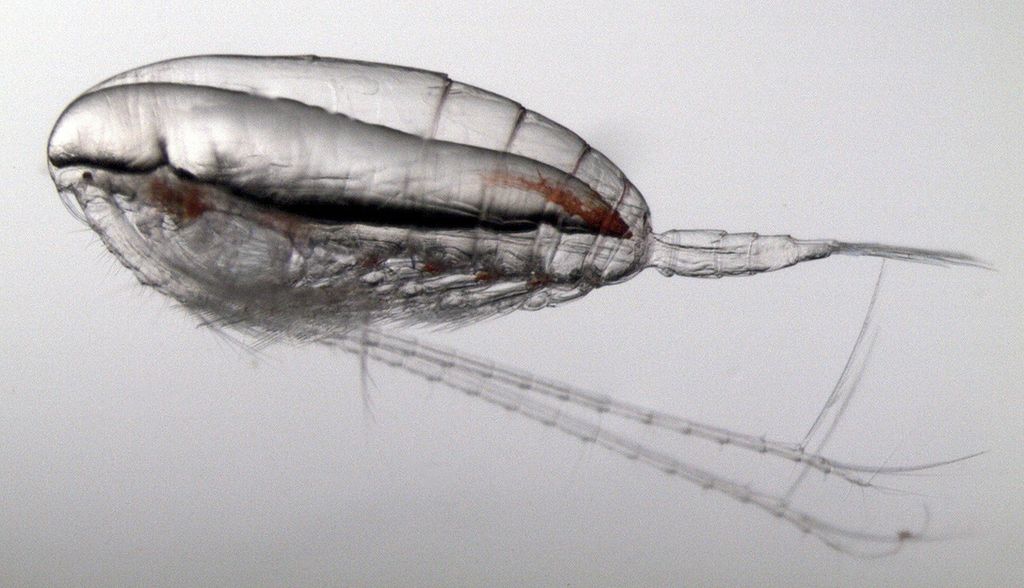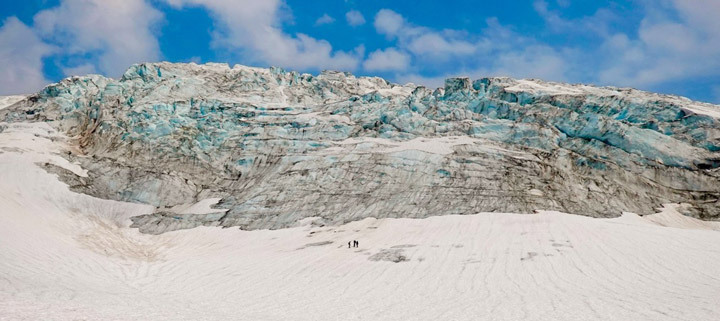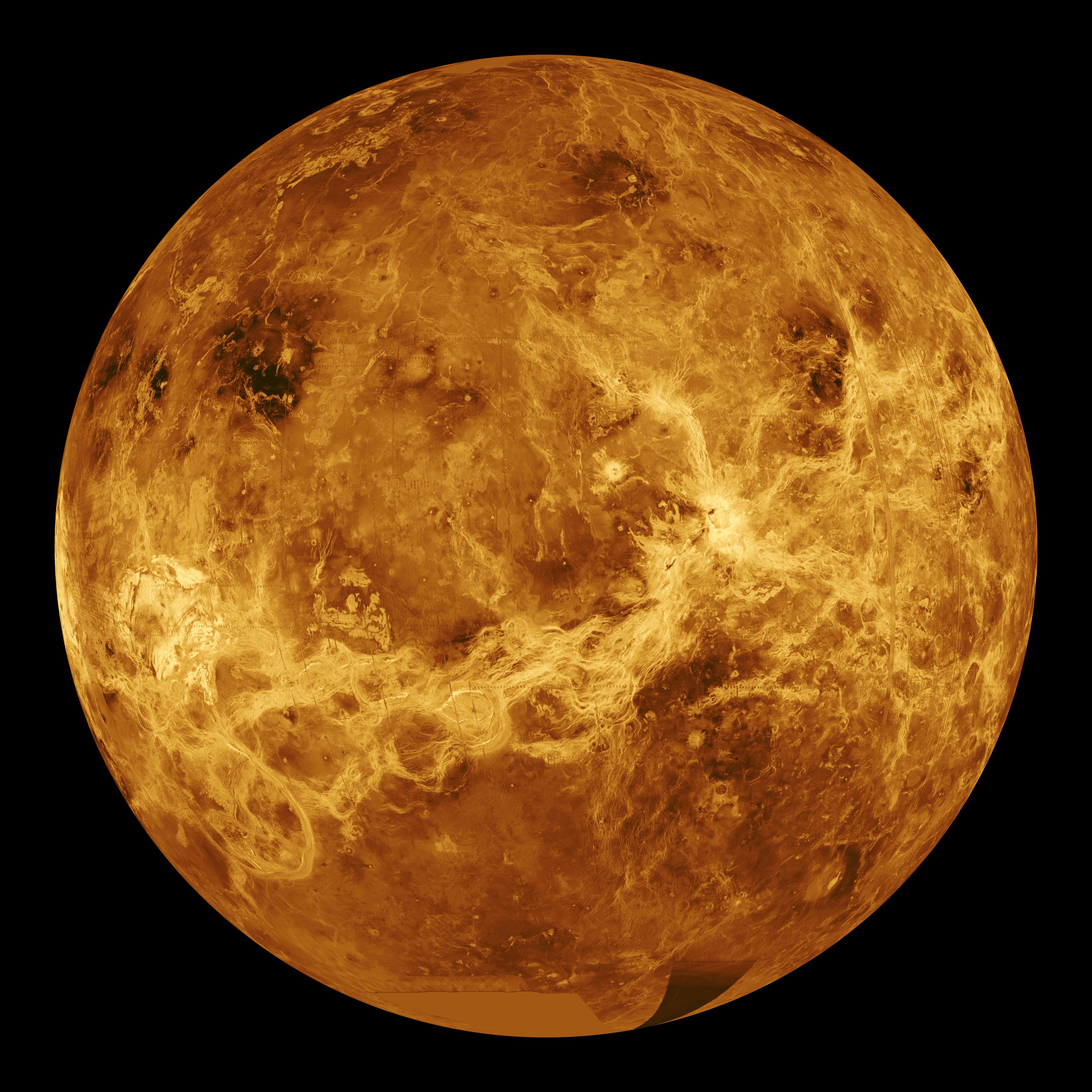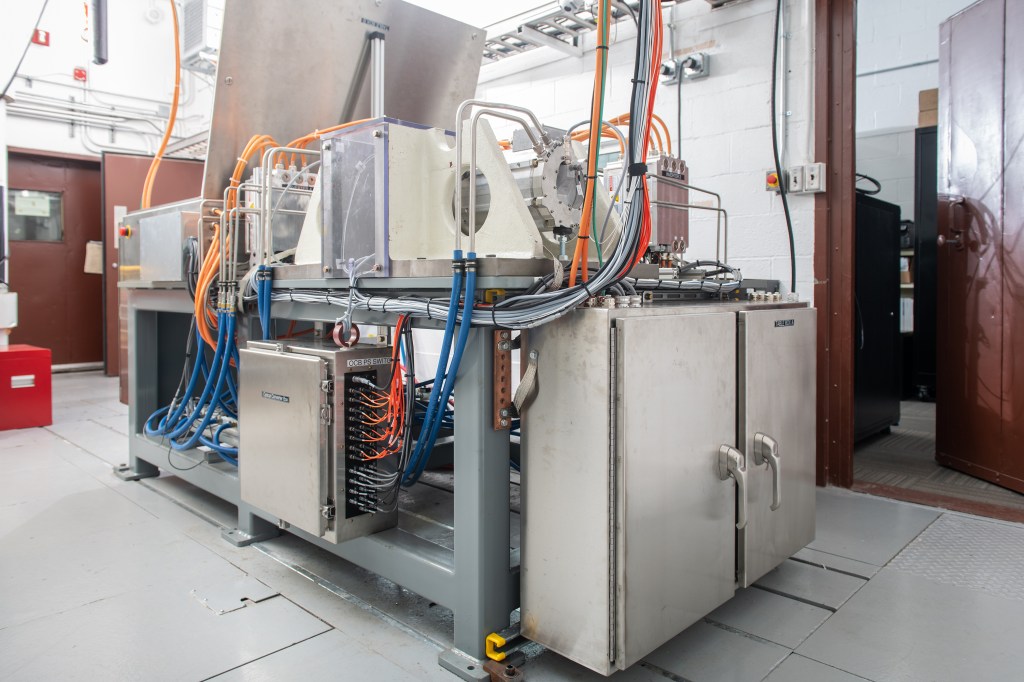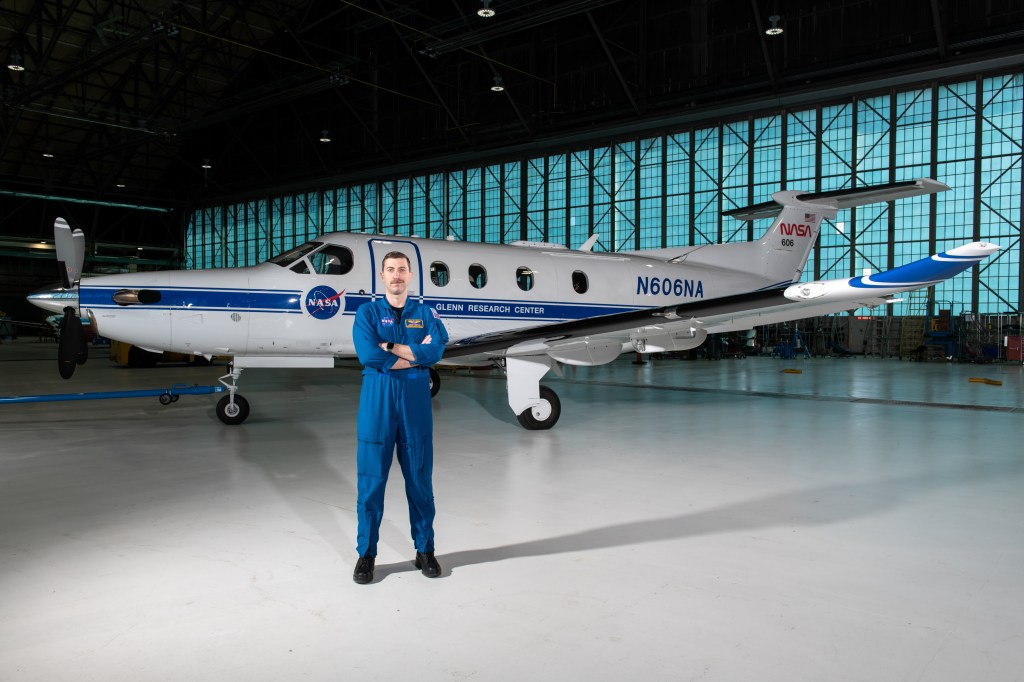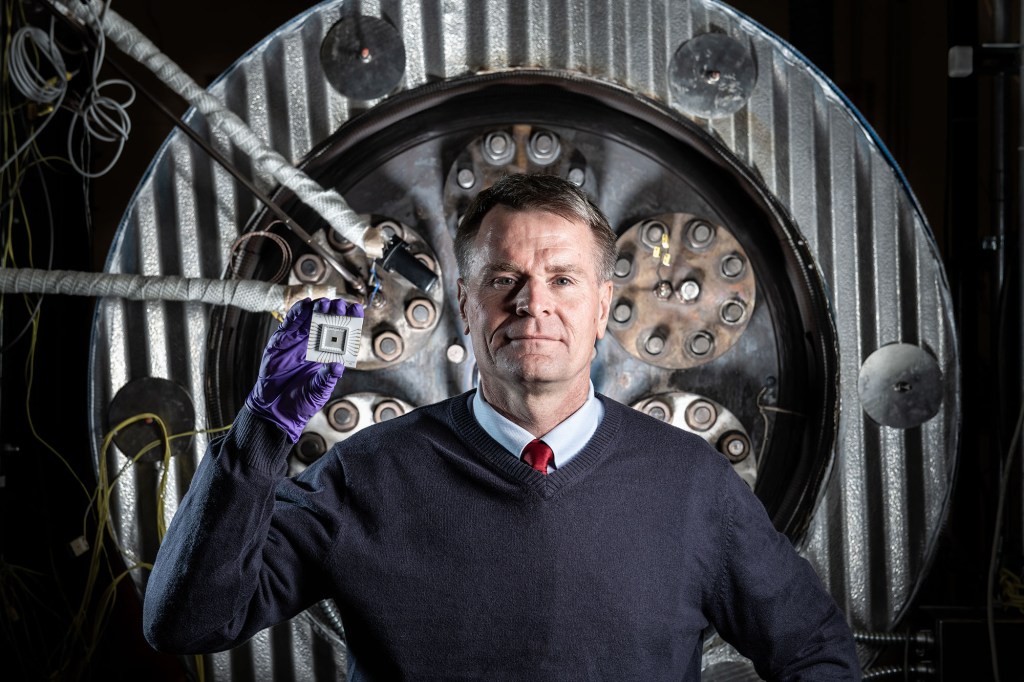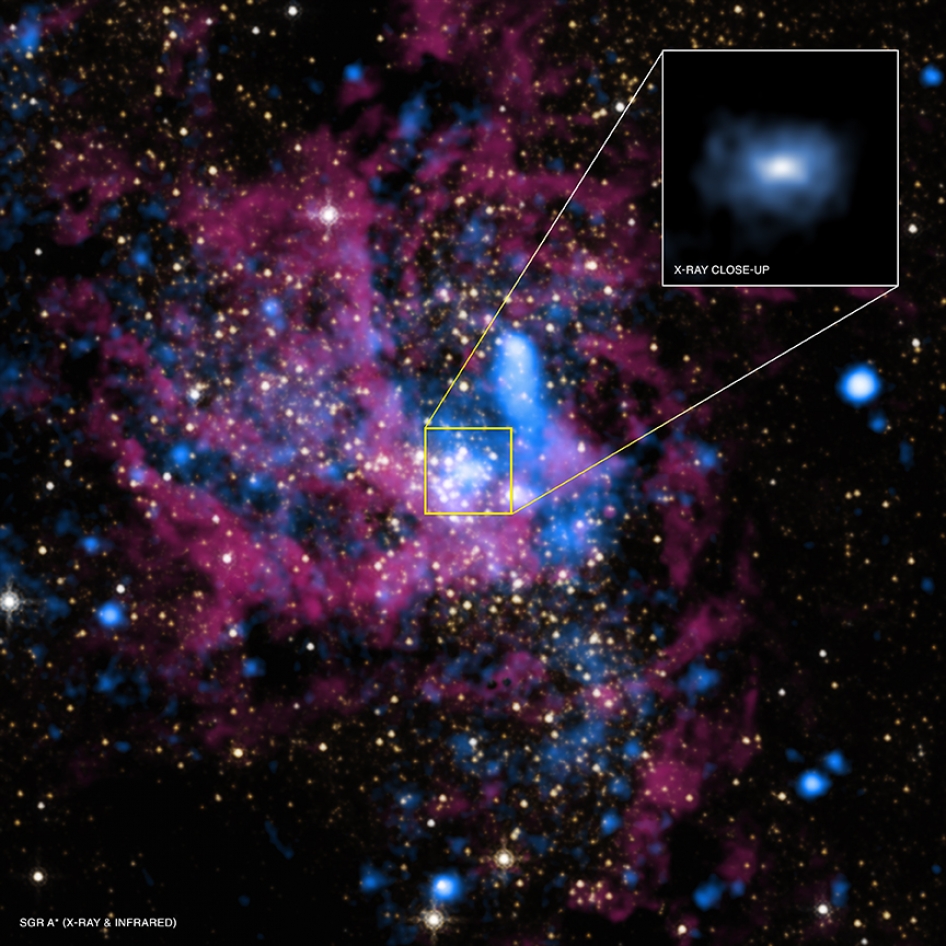Lunar exploration runs in the family for the Petros. NASA lunar scientist Noah Petro interviews his father, Denis, about his work as an Apollo program engineer. In a heartfelt conversation, Noah and his dad examine the human impact of the momentous Apollo 11 mission and their shared passion for science and learning.
Ginny from Danville, Kentucky, tells a story about celebrating the Moon landing with her childhood friends and a secret lemonade stand.
[MUSIC: ROSEVERE / “INTERVENTION”]
NOAH: You helped design how astronauts would stay alive and comfortable while working on the Moon.
DENIS: Science is something you test, you experiment, you get results, and that modifies the way we look at the world.
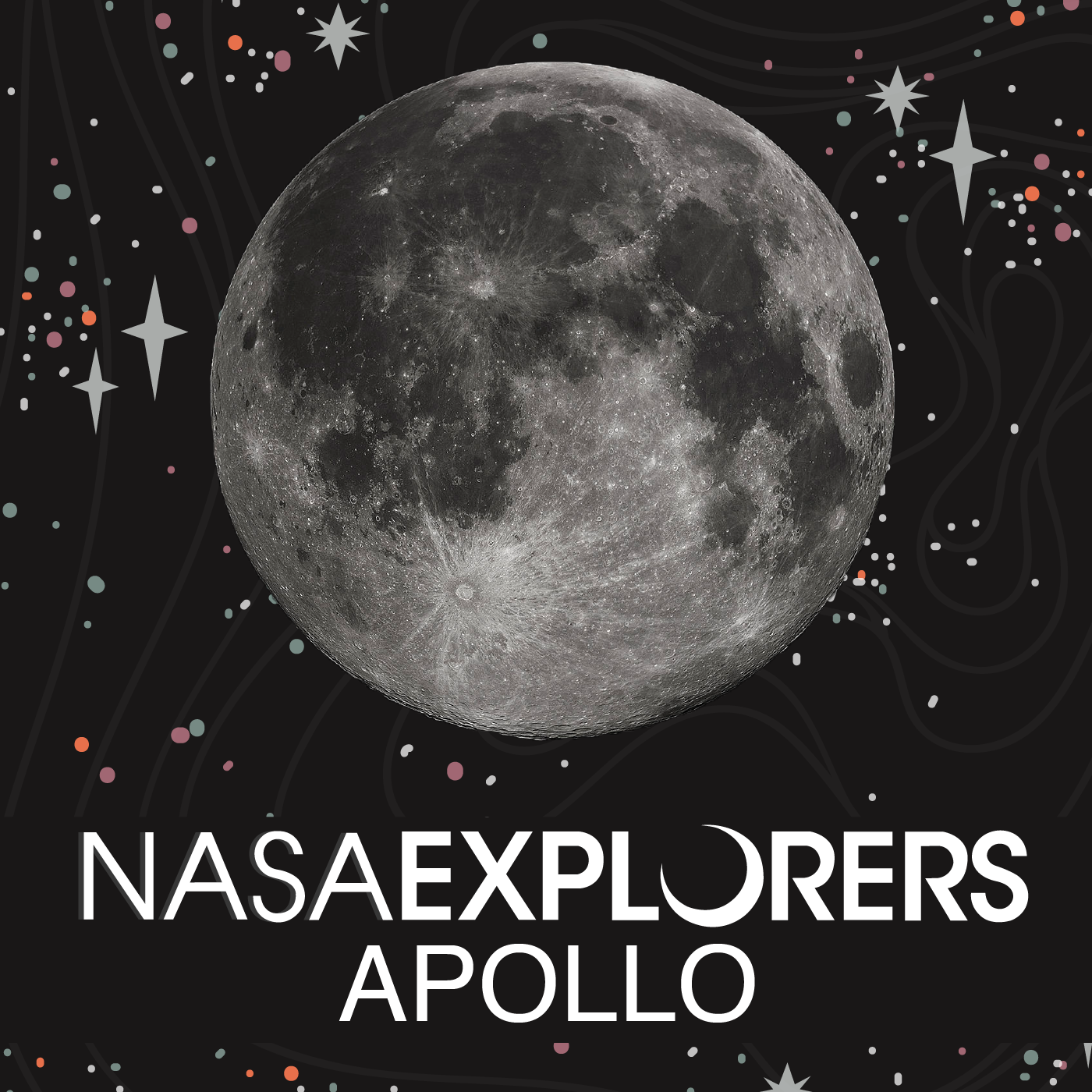
ERNIE: Where did all of this stuff come from? How did it form? What was the process? Does it happen all the time across the universe? Or are we somehow unique or at least unusual? What does it all mean?
NARRATOR: I’m Katie Atkinson, and this is NASA Explorers: Apollo, an audio series about the Moon and the people who explore it.
[ARCHIVAL: “Tape recorder’s running.”]
[MUSIC: ROSEVERE/ “TRANSITIONING”]
Lunar science runs in the family for the Petros. In this episode of NASA Explorers: Apollo, lunar scientist Noah Petro interviews his father Denis, who was an engineer for the Apollo program.
[MUSIC: WYTANIS / “BRAHE”]
NOAH: The Moon is a really interesting place because we’ve been there. There are 12 sets of boot prints on the ground and YOU helped put them there.
My name is Noah Petro (PEE-TRO) and I am the project scientist for the Lunar Reconnaissance Orbiter and a lunar scientist.
DENIS: My name is Denis Petro, I worked on the Apollo program as an engineer.
NOAH: You talk about families that pass down a business from generation to generation… We’re in the Moon business. The Petros are in the Moon business and so that’s what got passed down.
Let’s walk through July 20, 1969 and where were you and how did it feel to have that experience saying I built this thing and now it’s working on the Moon. Did you watch it with a different eye than anyone else because of your, uh, awareness of how dangerous the whole thing was?
DENIS: It was an incredible sense of accomplishment in a certain way because this was something that’s kind of hard to do when you think about it. I had been involved with, what are those factors that could actually cause them not to get to the Moon. And I’m sitting there saying, Damn. There they are. They’re sitting on the Moon!! [[Laughs]]
NARRATOR: Denis was involved with a crucial aspect of the Moon landing– the astronaut suits. He helped was involved with testing test the oxygen system for the astronauts’ backpacks.
DENIS: The initial designs had all been finalized but they were in the testing phase. in my part of the program, it was like, well, how much oxygen do you need? How much of these other things, how many BTUs or calories or these astronauts going to need?
NOAH: You helped design how astronauts would stay alive and comfortable while working on the Moon.
DENIS: Well, right. The object was to humanize it because you can do all the technical stuff about well, they’re going to be there for a day-and-a-half and they’re supposed to do this and that and the other thing, but can they actually do that and survive?
[MUSIC: WYTANIS / “BRAHE”]
NOAH: I don’t know if you remember going to the cradle of aviation museum in Bethpage and seeing your, your portable life support system that you made. And I think the little story you told me at the time was that there are the big sheets of metal that held it all together and you got to sign your name to them. Is that right? Right, right
DENIS: That was a no, no, because it was in a clean room kind of concept. But if you went in there with a scribe, you know, stainless steel scribe, you could write your name on something that would be left on the Moon and that on, if you look at, you know, the picture of the backpack, you’ll see that flat surface and that was a heat exchanger. But it was also a flat piece of
stainless steel, very amenable to people writing on.
NOAH: When I look at any pictures of the Apollo landing sites, you can see those backpacks. You can see the 12 portable life-support systems sitting on the surface, 50 years later that you know, someday we go back, can we crack one of those things open? There’s gonna be “Denis Petro” signed on it.
DENIS: Look at the graffiti!
NOAH: I’m probably one of the few people that has that very personal connection when I see those landing sites that I can have that personal, emotional response to it, as opposed to just a purely ‘Wow, that’s, you know, a great exploration site!’, because there’s something there that’s very tangible, that’s very close to me, and very real because I know the person who built it, and what it took to get that there.
[MUSIC: WYTANIS / “BRAHE”]
DENIS: I think early on you had an interest and curiosity about the whole universe!
NOAH: You know, your passion for science and learning was clearly passed on to me, and one of the things that most influenced me was when we would go to the Air & Space museum or the cradle of aviation. To me, that opened up this mindset that, okay, exploration of space, exploration of the Moon, most importantly, is a real thing. Not just yes, that it happened, but that there were people behind it, and that you were behind it…
You know, you and I would take road trips and a lot through the US South west and no mystery why particularly Apollo astronauts trained in the desert southwest cause it’s a barren landscape, much like the Moon. But the geology is really awesome and, and, and it’s a great place to fall in love with studying the earth or studying planets is seeing it laid out in front of you. These environments are telling us something about how the planet works and that connection between something real, tangible, touching a rock on the earth or sending people to the Moon and doing the same exact thing, it was very impactful and got me here today.
DENIS: Noah has a real concrete awareness about the reality of science. Science is something you test, you do, you experiment, you get results…and that modifies the way we look at the world. For me I’m very proud of him for carrying the flag.
[MUSIC: ROSEVERE / “TRANSITIONING”]
NOAH: When you look at the Apollo program and you look at what they did, you know we sent 12 of the most highly programmed computers, humans to the Moon, all tremendously successful. You know, within four years, we’d gone from never having sent humans to the Moon to having people living on the Moon for three days, driving around and doing real hardcore field geology, uh, but it took engineering to make it happen.
I hope that people, when they look at Apollo and they look at the, the films, the movies, the pictures, you know, It’s not just, okay, there’s Buzz Aldrin sending on the surface of the Moon. Oh my goodness, that’s impressive. But there’s also 400,000 people behind the scenes who, who made that moment happen. Um, and that’s important.
Fifty years after the historic Moon landing, Noah is continuing his father’s legacy, contributing to the lunar science they both love.
The Petro family’s connection to the Moon is just one example of the huge impact that the Apollo 11 mission left behind.
We asked you to help NASA tell the story of Apollo. Hundreds of people answered… from all over the world.
Here’s what Ginny from Kentucky remembers:
[MUSIC: “DOLCE MELODIA”]
GINNY: Hi NASA, It’s me… Ginny…you know, fifty years later… I got in such trouble after the Moon landing. So here’s what happened:
The morning after, my brothers Bucky and Monty and my next door neighbor Melissa, and our friend Rudy and I decided to celebrate with a lemonade stand.
And we used up all of my grandmother’s aluminum foil to make space helmets. And then we made lemonade and Kool-Aid using all of my grandmother’s sugar. And we set up our stand on the side of the road. And we called it “Homemade, Moonmaid, Lemonade and Kool-Aid.” And we thought we were just the best and the smartest kids on the whole planet Earth…
Until my grandmother got home. And my goodness she was not happy.
We had used all her precious aluminum and all of her precious sugar, goodness knows how many lemons, and those little packets of Kool-Aid that were just stashed for special occasions.
I don’t reckon I sat down for a week.
I love this memory of the Moon landing so much and every year, when this comes up, I think of it as the Homemade Moonmaid Lemonade and Kool-aid…
And just I cherish all of my little friends who helped me make it happen.
So, happy 50th NASA! Love you!
-Ginny.
Thanks, Ginny.
What do you remember about Apollo? Of if you’re too young to remember the Apollo era, what space exploration do you hope to see in your lifetime?
We want to hear your Apollo story. Visit nasa.gov/apollostories to learn more.
[MUSIC: WYTANIS / “G LENS”]
The NASA Explorers: Apollo team includes Micheala Sosby, Haley Reed, and me, Katie Atkinson, with music by Daniel Wytanis and Lee Rosevere.
If you like this NASA Explorers series, leave us a review wherever you get your podcasts.
Thank you.
[ARCHIVAL ASTRONAUT: “Very good!” SOUND: “BEEP! BEEP!”]


